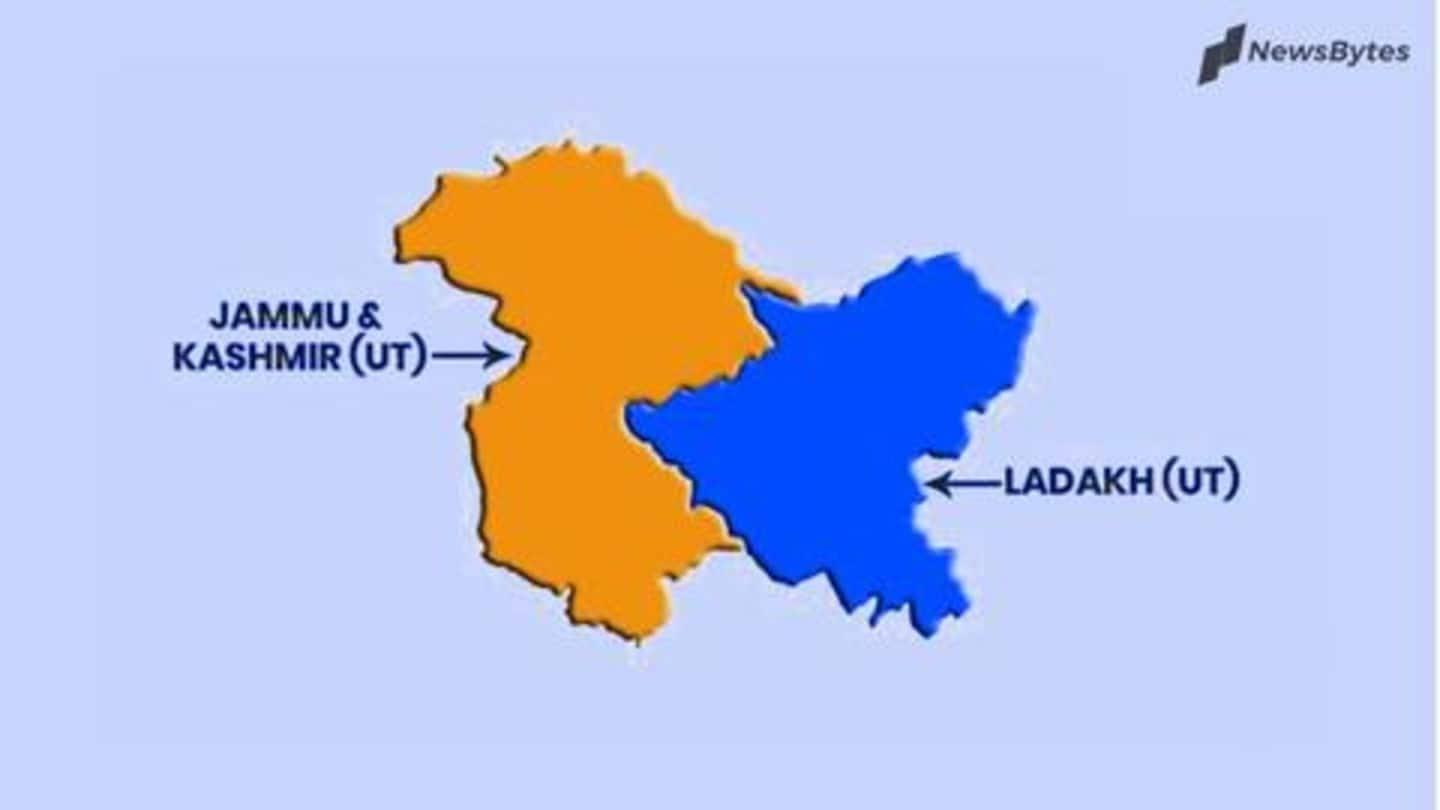
Petitions challenging Article 370 won't be referred to larger bench
What's the story
The pleas challenging the government's decision to abrogate Article 370 won't be referred to a seven-judge bench, Supreme Court said on Monday.
Justice NV Ramana is heading the five-judge bench which is currently hearing the pleas.
It was on January 23 when the court reserved judgment in this regard and today opined that there was no need to send it to a larger bench.
Looking back
Last year, the BJP led Centre annulled special provisions
In August 2019, the BJP removed Article 370, which granted special status to Jammu and Kashmir saying that it will put an end to Pakistan-sponsored terrorism.
The Article allowed J&K residents to live under a separate set of rules pertaining to citizenship and property ownership.
In an unprecedented step, the Centre also bifurcated the state into two Union Territories — J&K, and Ladakh.
Pleas
23 pleas have been filed against Article 370
The bench also comprised Justices Sanjay Kishan Kaul, R Subhash Reddy, BR Gavai and Surya Kant. To note, at least 23 petitions have been filed in the top court against the historic decision.
NGO People's Union of Civil Liberties (PUCL), Jammu and Kashmir High Court Bar Association and an intervenor wanted the matter to be sent to a larger bench.
Verdicts
Two verdicts of SC were cited by lawyer
Senior counsel Dinesh Dwivedi, who appeared for intervenor, claimed two earlier judgment of SC, relating to Article 370, were contradicting, hence, the matter should be referred to a larger bench.
In 1959 Prem Nath Kaul judgment, SC noted that the powers of the Kashmir's ruler weren't only limited by Article 370. And in Sampat Prakash judgment of 1968, it said only President can intervene.
Details
Earlier, SC said prolonged communication blackout is wrong
Opposing this, the Centre and the administration of J&K said the two verdicts weren't contradictory. They said the special status granted through Article 370 was temporary.
A flurry of petitions challenging the communication blackout imposed in the Valley is also pending in the top court. Another bench heard this matter and said prolonged restrictions on the internet went against freedom of speech.